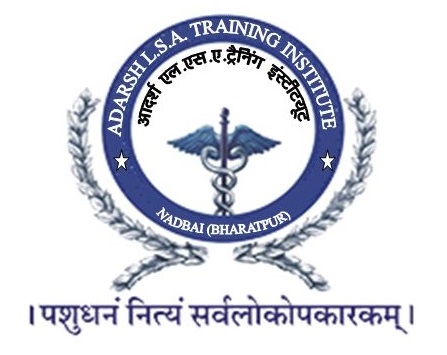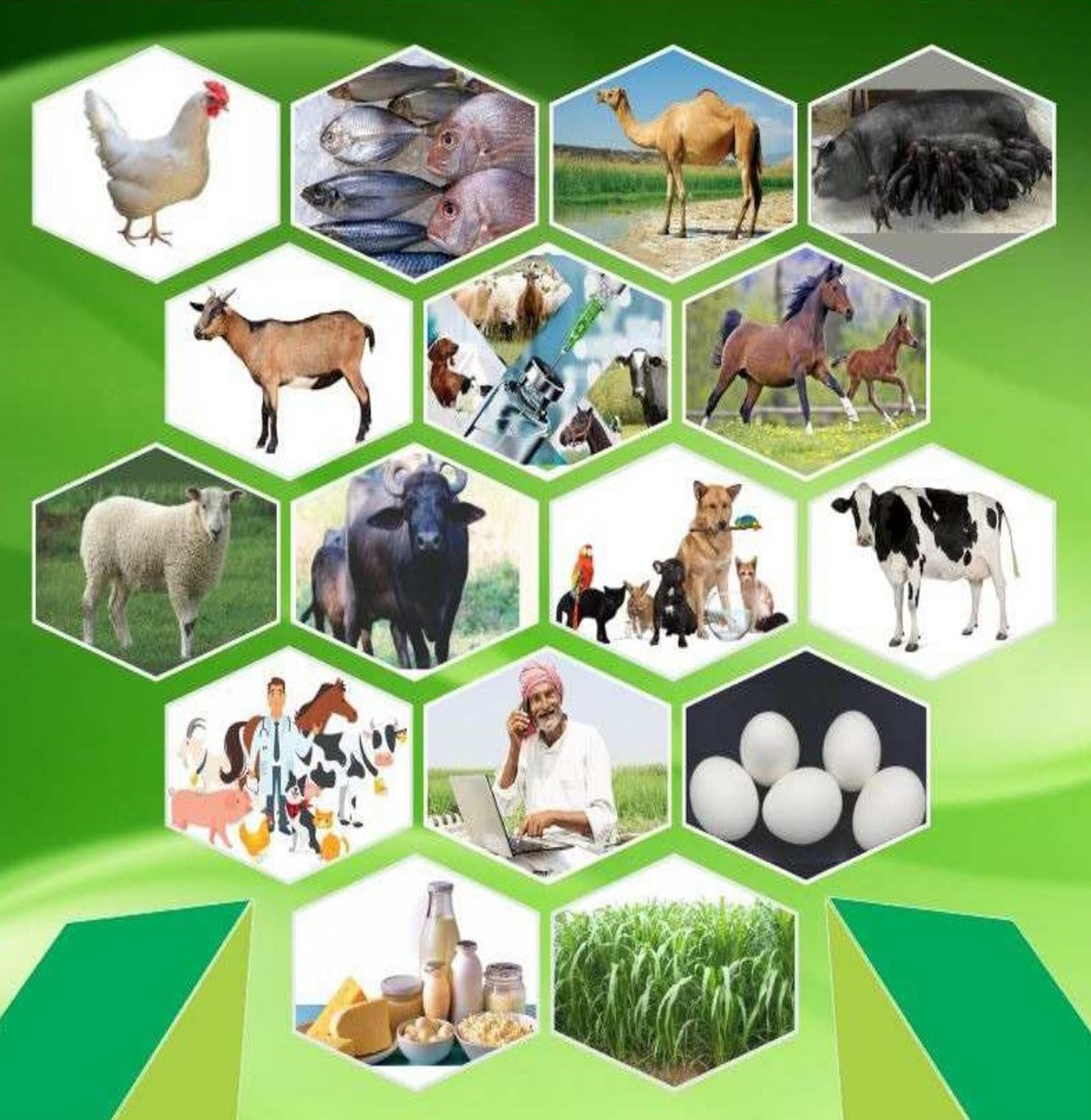Admission to Animal Husbandry Diploma Program (AHDP)
The field of animal husbandry has always been a vital aspect of the agricultural and rural economy, particularly in a country like India where livestock plays a crucial role in sustaining livelihoods. To cater to the growing demand for trained professionals in this sector, the Animal Husbandry Diploma Program (AHDP) offers a pathway for aspiring students to develop the necessary knowledge and skills. This article provides a detailed overview of the AHDP admission process, eligibility criteria, seat allocation, and other important guidelines for prospective students.


